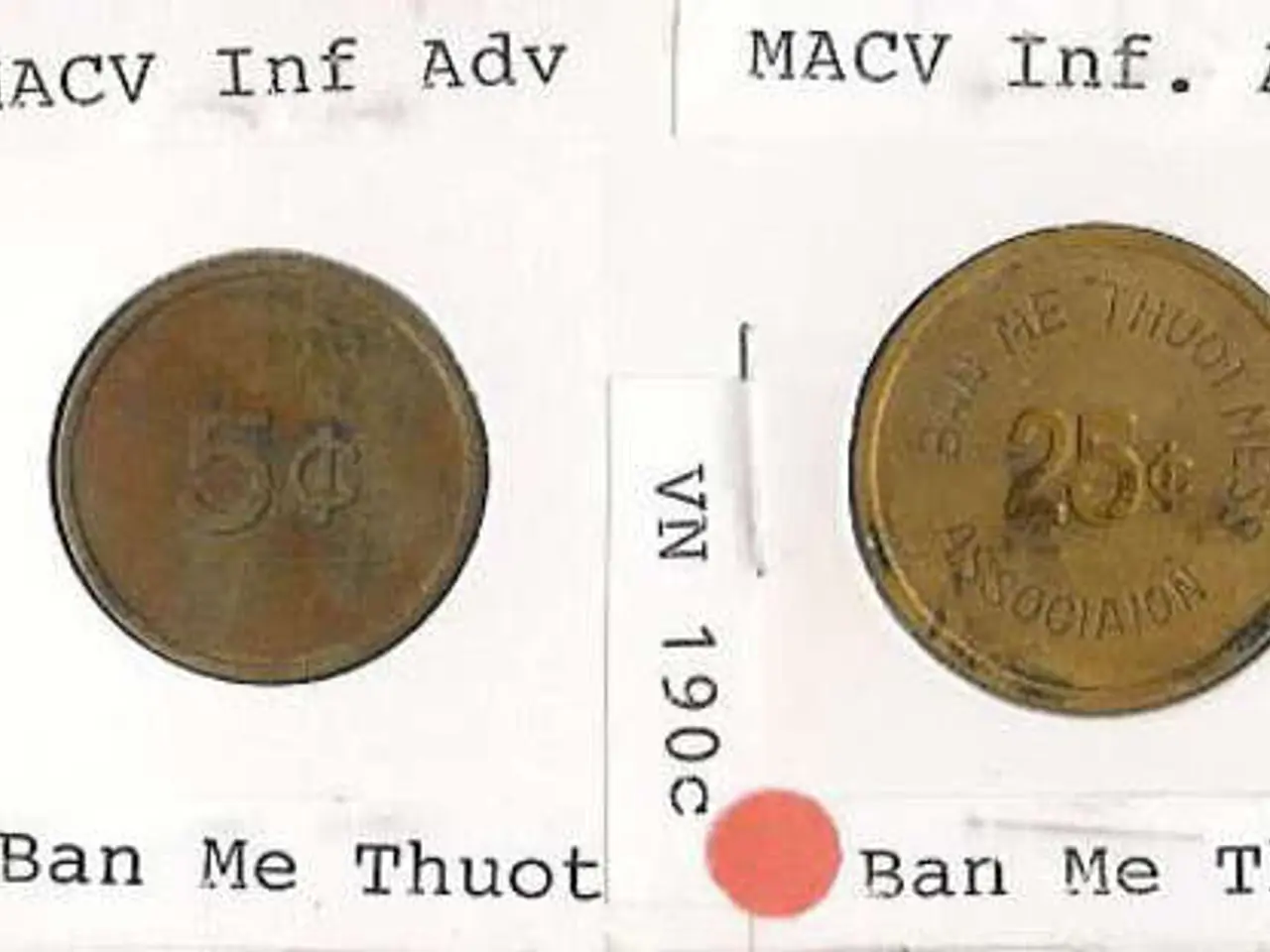German Railway Corporation denies reports of seat cancellations
Contrary to misleading reports, Deutsche Bahn is not planning to shrink its seating capacity in long-distance trains. Instead, the state-owned transport company is focusing on modernizing its fleet to enhance operations and the travel experience [1].
According to a leaked internal document, "Der Spiegel" reported that Deutsche Bahn may consider reducing the number of seats in long-distance traffic from 265,000 to 244,000 by 2036. The report suggested that the ICE fleet would gain 2,000 seats while the number of seats on older Intercity trains (IC) would drop by 23,000 [2].
However, Deutsche Bahn has since clarified that the numbers reported by "Der Spiegel" refer to seats in the entire fleet, including those on older IC trains that are rarely used. The strategy is not about cutting seats but rather about phasing out older and inefficient vehicles. "Older trains require more maintenance downtime and are not available to passengers," the company stated [1].
Deutsche Bahn's commitment to nationwide transport remains unchanged. "We are dedicated to maintaining a comprehensive transportation offer across Germany," the company assured in its statement [1].
This approach aligns with broader developments in European rail travel, where Deutsche Bahn is investing in digital infrastructure for seamless international bookings and working with European partners to expand high-speed and cross-border rail services [3][4]. So, worry not about fewer seats; Deutsche Bahn is looking to the future of efficient and modern rail travel.
Sources:1. ntv.de, lme/dpa2. "Der Spiegel"3. European Railway Review4. Deutsche Welle
ICE
Deutsche Bahn
The employment policy of Deutsche Bahn could potentially be affected by the phase-out of older trains, as this move may require the retraining or redistribution of personnel to manage the modernized fleet.
In the context of the automotive industry and finance, it's worth noting that the modernization of Deutsche Bahn's fleet could have a substantial impact on the employment policy within the industry, given the potential for increased productivity and efficiency, and the potential for cost savings that may be reinvested in other areas.




